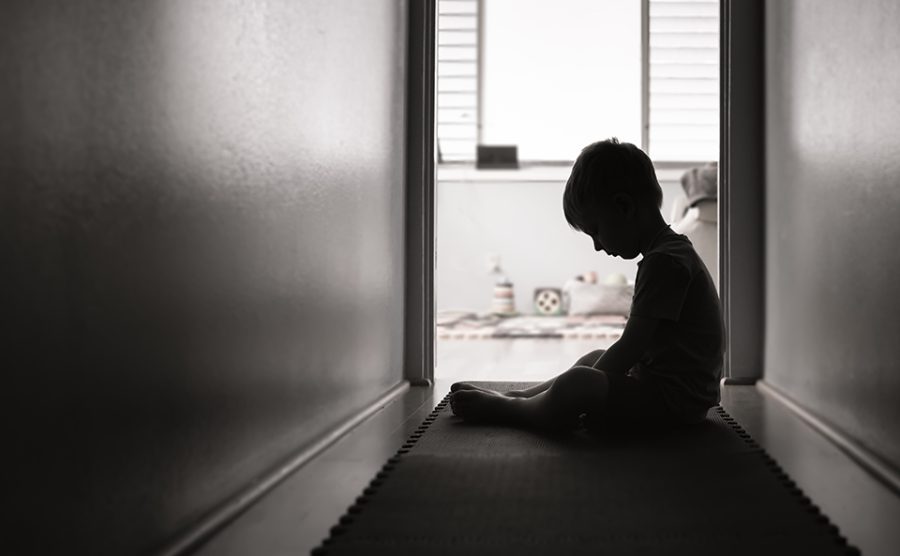Stonecatcher Project: The Cost of a Childhood Never Lived
Do you remember being a kid? Maybe you recall the feeling of grass between your toes, a warm meal shared with mom and dad, or a bedtime story as you fell asleep. Maybe you can picture that slice of life when you were not burdened by a care in the world, sure the sun would shine and the games would never end. How privileged you are if this image rings true to you. Childhood is meant to be a special time of fun and growth in a person’s life. It is a time when we begin to learn about how the world works within the safety of support from friends and family. But what if this support system is compromised? What if a child grows up and never experiences one single healthy relationship?
Emotional abuse describes attempts made by one within any kind of relationship to manipulate the other, a major characteristic of unhealthy relationships (Gordon). Due to a variety of factors, however, emotional abuse has a very complex nature. One factor in this is the prevalence of emotional abuse in our society, as the U.S. is reported to have “one of the worst records [of child maltreatment] among industrialized nations—losing on average five children every day to child abuse and neglect” (Childhelp). For the children who survive this abuse, and never receive help with the mental impacts of the trauma, learning and behavioral abilities are greatly impacted, and they may be thirty times more likely to develop issues in these areas (“Review the Facts”). Due to how emotional abuse lacks many visible signs of mistreatment, it is often difficult to identify when children are suffering from such abuse (NSPCC). In addition, emotional abuse can stem from a variety of sources, including parents or caregivers directly, a more commonly discussed source of abuse, or indirectly, such as when a child is a witness to family violence. Outside the home, children can also face abuse from peers, for example through teen dating violence. No matter the source of the abuse, the effects it leaves upon victims are highly detrimental to their development.
Continue reading about childhood emotional abuse here.

